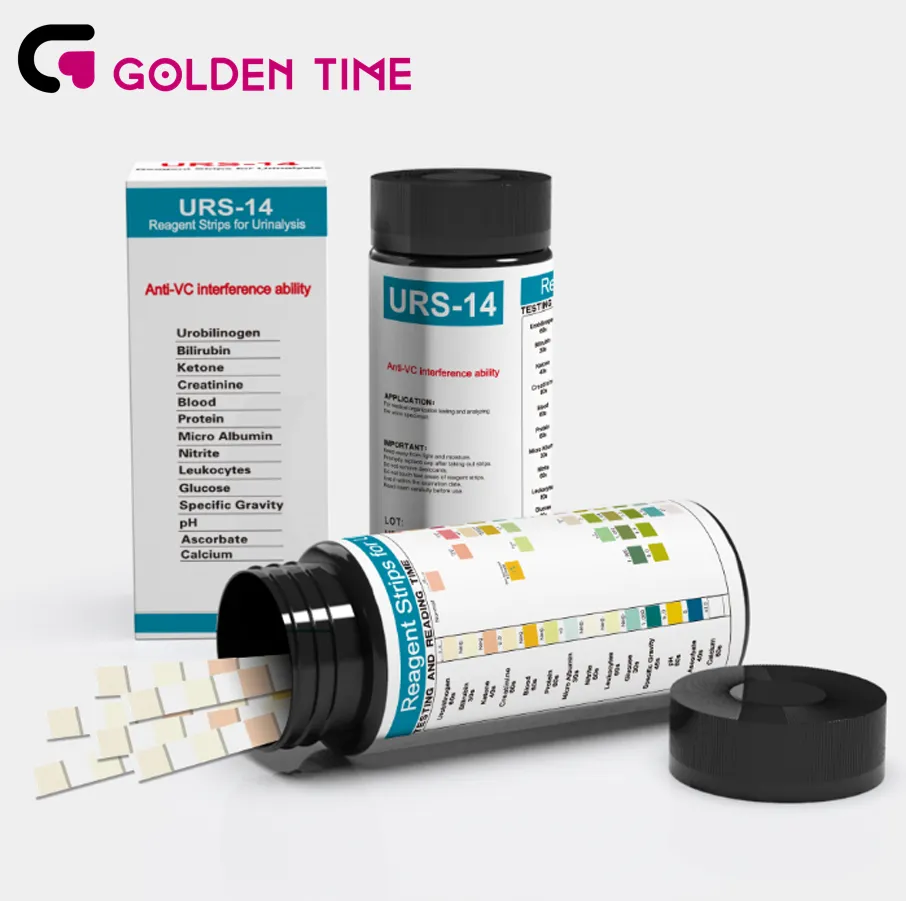ნოე . 10, 2024 18:51 Back to list
Suppliers for Accurate Diagnosis of H. pylori Infections and Testing Solutions
Understanding Helicobacter pylori Diagnosis Suppliers and Innovations
Helicobacter pylori (H. pylori) is a gram-negative bacteria that resides in the gastric epithelium of humans and is linked to several gastrointestinal disorders, including chronic gastritis, peptic ulcers, and even gastric cancer. The diagnosis of H. pylori infection is critical for effective treatment and management of associated diseases. This article delves into the various methods of H. pylori diagnosis, and highlights the key suppliers involved in this vital area of healthcare.
Methods of Diagnosis
H. pylori can be diagnosed through several methods, each with its advantages and limitations. The primary diagnostic approaches include
1. Non-Invasive Tests - Urea Breath Test (UBT) This test is highly sensitive and specific, allowing for easy diagnosis of H. pylori infection. Patients ingest a urea solution labeled with a carbon isotope; if H. pylori is present, it will metabolize the urea, leading to the release of labeled carbon dioxide that can be detected in the breath. - Serological Tests Blood tests can detect antibodies to H. pylori, indicating an ongoing or past infection. However, these tests cannot distinguish between active and resolved infections, which can complicate treatment decisions. - Stool Antigen Test (SAT) This test detects H. pylori antigens in stool samples. Its non-invasive nature and ability to confirm active infections make it a preferred option in many cases.
2. Invasive Tests - Gastric Biopsy During an endoscopy, tissue samples from the stomach lining can be obtained and tested for H. pylori. This method allows for direct detection through culture, histology, or rapid urease tests. Although highly accurate, it is more invasive and can involve greater patient risk and discomfort.
Importance of Diagnosis
Timely and accurate diagnosis of H. pylori infection is essential not only for effective treatment but also for preventing serious complications. H. pylori is recognized as a class I carcinogen by the World Health Organization, emphasizing the importance of addressing any confirmed infections.
Suppliers of H. pylori Diagnostic Tests
h pylori diagnosis suppliers

The landscape of H. pylori diagnostic suppliers is diverse, with several key players making significant contributions to the field
1. Diagnostic Test Manufacturers Companies such as Abbott Laboratories, Siemens Healthineers, and Roche Diagnostics provide a range of diagnostic kits, including UBT, SAT, and laboratory-based serological tests. These companies prioritize accuracy and rapid results, catering to hospitals and labs worldwide.
2. Point-of-Care (POC) Testing Solutions Innovations in POC testing have led to the development of portable and easy-to-use devices that allow for rapid diagnosis in various settings. Companies like Biohit and Nanomedicine have pioneered simplified tests that can be performed outside traditional laboratory settings, promoting quick patient management.
3. Research Institutions Many universities and dedicated research institutions are at the forefront of H. pylori diagnostic innovation. They are developing novel assays and methodologies aimed at improving sensitivity, specificity, and patient comfort in H. pylori detection.
Future Directions
As the understanding of H. pylori and its associated diseases expands, the diagnostic landscape will continue to evolve. Future testing methods may incorporate advanced technologies such as molecular diagnostics, which promise increased accuracy through the detection of bacterial DNA or RNA. Additionally, collaborations between suppliers, healthcare providers, and researchers will be essential in creating comprehensive screening programs for at-risk populations.
Conclusion
The diagnosis of H. pylori is a vital component of gastrointestinal health management. Understanding the different diagnostic methods and recognizing the key suppliers in this field can aid healthcare professionals in providing timely and effective treatment. With ongoing advancements in diagnostic technologies, patients will benefit from improved detection methods, ultimately leading to better health outcomes and the prevention of serious complications linked to H. pylori infections. As the market matures, continuous innovation and collaboration will play crucial roles in enhancing the efficiency and effectiveness of H. pylori diagnosis.
-
Rapid BZO Test Kit - Fast & Accurate Benzodiazepines Detection
NewsAug.04,2025
-
China Nylon Flocking Swabs - AI Enhanced Quality Collectors
NewsAug.03,2025
-
Highly Accurate hCG Pregnancy Test Strips - 5 Min Results
NewsAug.02,2025
-
Premium Empty ABS Plastic Cassettes: Durable & Lightweight Storage
NewsAug.01,2025
-
Accurate Cocaine (Coc) Rapid Test Kit | Fast & Reliable Detection
NewsJul.31,2025
-
Accurate HCG Pregnancy Test Strips | Fast Home Use Kit
NewsJul.31,2025

